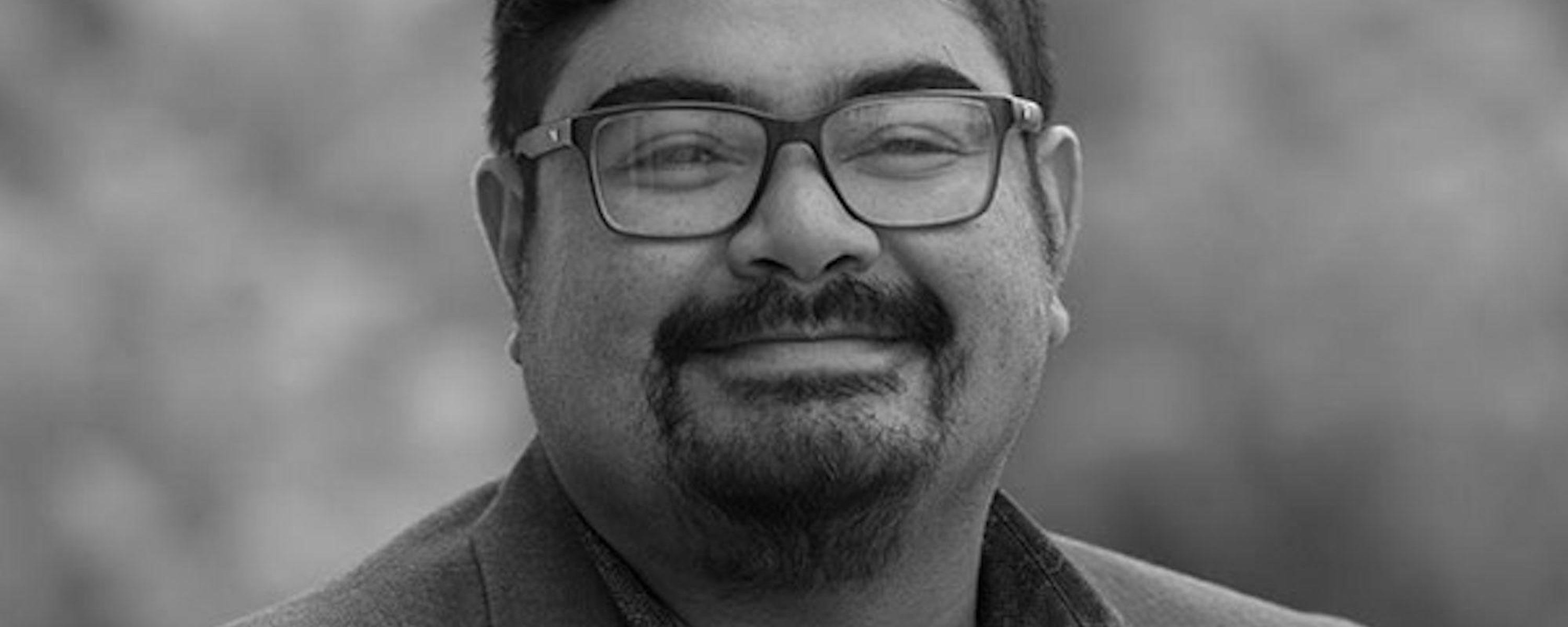Like a good autocrat, President Nayib Bukele rarely reverses course. He has no need to do so: He controls every branch of government and has sown fear among unions, businessmen, and critics. But a tiny act both illustrates the president’s almost unlimited power and suggests that he is seeking a way out of an economic labyrinth by kissing the hand he has often bitten: Washington’s hand. The Bukele-controlled Legislative Assembly recently modified what was widely denounced as a “gag law” upon its passage in April 2022, threatening imprisonment for journalists publishing about gangs.
The loosening of the legal noose that Bukele placed around the necks of independent and dissident journalists, and the president’s openness to negotiate with Washington to regulate the Salvadoran digital environment —the latter seemed profane in Nayib Bukele's crypto creed—, appear to indicate he will seek a more conventional path to pay the growing foreign debt.
The American back-patting quickly followed the striking-down of the gag law in the form of a statement from the U.S. Embassy congratulating the Bukele government for “a positive step.” All of this occurred days after what appears to have marked a truce between the Bukele and Biden administrations: a personal visit on October 26 in San Salvador from U.S. Assistant Secretary of State Brian Nichols. And whereas two years ago interim ambassador Jean Manes compared the Salvadoran head of state to Hugo Chávez for his intention to seek unconstitutional reelection, Nichols made a 180-degree turn by declaring that the legality of Bukele’s February electoral ambitions was up for “debate”.
Bukele, too, turned toward the Americans while the Salvadoran legislature was reforming the “gag law”, with the notable absence of Bukele loyalist congressman Christian Guevara, who was sanctioned last year by the U.S. State Department for his leading role in crafting that bill. On November 10, Washington and San Salvador signed an agreement allowing Washington to enter Bukele’s sacred realm, the digital one. Both nations signed a pact to turn El Salvador into a “regional technology center” with a “solid digital regulatory environment.”
Washington looks at El Salvador as a piece of its regional agenda for two main reasons: immigration and the construction of a digital wall against the influence of China and Russia. In my conversations with U.S. officials, they see the Salvadoran economy —currently in mediocre condition at best, with the lowest growth and foreign investment in Central America— as the regime's Achilles heel. Bukele has sent Salvadoran external debt to levels unseen since the peace agreements in 1992, and has cut as much social spending as possible. The only budget items that continue to grow are advertising and propaganda.
El Salvador remains the same impoverished country that Bukele received in 2019: Only 42 percent of its citizens have access to a sewage system, and in rural areas the vast majority do not have a potable water system. The U.N. has expressed concern that the country will not have enough food to nourish its population in the coming years. The Salvadoran president is not the only one to blame for a small and unequal economy, but he has exacerbated it with the use of public finances for capricious projects.
For Bukele, softening his position against Washington seems to be one of his only alternatives. He already dealt with China, dreaming of a flood of money and investment from the Asian giant. He tried the adoption of bitcoin, with which it is estimated he spent close to $425 million, equal to half the budget allocated for public health. Both lavish projects failed.
The failed bitcoin adoption not only sucked up a good part of public money, but also ushered in an uncomfortable relationship with the crypto company Bitfinex, barred in 2021 from doing business in New York State and accused by members of the U.S. Congress of helping to launder money from the terrorist organization Hamas. Bukele gave political power within his administration to Bitfinex after appointing U.S. citizens Stacy Herbert and Max Keiser —investors in the company— as government representatives, and by planning in early 2022 to have the firm issue bitcoin-denominated government bonds on its platform.
But the plans to launch those sovereign bonds —nicknamed “volcano bonds”— and build a city for bitcoiners along the eastern coast have been buried. The Salvadoran government has problems as basic as paying public sector salaries and providing medicine to public hospitals.
The truce between Bukele and Washington suggests that the Salvadoran president will bet on an economic elixir from institutions in which the United States has influence, such as the International Monetary Fund (IMF). The government has restarted negotiations with the IMF for a $1.3 billion loan that stalled in 2021, after the Bukele-controlled legislature illegally removed and replaced the attorney general and Constitutional Chamber magistrates.
On the verge of a reluctant economic shift toward Washington, the IMF solution would almost certainly imply that he implement unpopular policies and political and tax conditions.
The cruel reality of El Salvador is that Bukele has deployed propaganda and communication mercenaries to project a country that exists only in his propaganda. Bukele is a paper tiger. Washington knows this, and has offered him an American Dream off-ramp tailored to his needs. This could entail limited political concessions in return, such as sacrificing the influence of the crypto-influencers in his government, curbing the persecution of journalists and dissidents, toughening his efforts to stop immigration to the U.S., and leaving behind his flirtation with China. Bukele has few options, but something is better than nothing.
Ricardo Valencia is an assistant professor of communications at California State University, Fullerton. Find him on X/Twitter at @ricardovalp.

